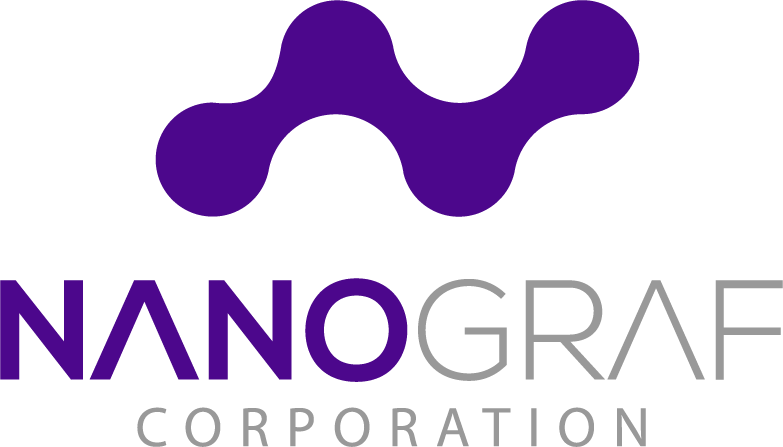3 ways European startups can win with innovation in the COVID-19 era
The coronavirus pandemic has spurred change in the startup community. From newly funded ventures to seasoned entrepreneurs, startups are adapting to the impact of the crisis. Some EU-based startups have already altered their offerings and pivoted their market strategies to meet customers’ current needs.
Where VC funds ceased and layoffs emerged, a number of European countries have evenstepped up to support startups on the financial fringe, such as France which put forward a four billion euro liquidity plan to stimulate startup bankrolls.
Today startups across the globe have an unexpected opportunity to continue driving innovation in their respective industries to help themselves and their customers adapt. The good news for the entrepreneurs drafting the new playbooks on innovation is that they’re used to moving fast and adapting to changing markets. Here are three ways EU startups can win with innovation in the post-COVID era.
Get back to your R&D roots
Companies adapting to swift market changes should invest time, money, and effort into research and development (R&D) efforts to iterate on new solutions and technologies. For many startups, this move will be a return to their foundations, as many businesses emerge from an R&D process.
To support this work, startups can partner with major institutions, consortiums, and industry leaders who are also working to solve challenges related to the emergence of COVID-19. Major organisations have already allocated funds to this effort:
The European Innovation Council (EIC) is providing €150 million to support innovators tackling the crisis.
The European Institute of Innovation and Technology (EIT)’s EIT Health communityorganised a pan-regional consortium of funds, mentors, and strategies to tackle early COVID-19 challenges.
There are also country-specific funding opportunities, like this coronavirus impacted business guide from Ireland’s Department of Business.
From pan-European councils to local government funds, there are many opportunities available today to sustain research during this moment of crisis.
Disrupt traditional supply chains
Startups must change how and from where goods are sourced to reduce dependence on a single source of supply. By limiting dependence on one OEM or country’s expertise, companies can assure greater autonomy and flexibility in sourcing materials while also helping build local economies.
A survey by supply chain media found 78 percent of European manufacturers, wholesalers, and retailers are experiencing a negative short-term impact due to the novel coronavirus. That negative impact includes supply bottlenecks, delays in outbound shipments, and a lack of insight into customer demand.
How we adapt to supply chain disruptions now and implement strategies to react to future disruptions will impact many product-focused startups’ success in the future, and there are models for improvement available today.Consider the electric vehicle (EV) battery industry as an example. In 2018, less than three percent of the total global demand for EV batteries was supplied by companies outside of China, Japan, and Korea. To change that, in early 2020, the European Commission set up the Battery Alliance initiative: a €3.2 billion project intended to encourage more EU-based battery manufacturers to diversify their supply chain. This is the kind of evolution we need to see across industries.
Follow growth opportunities in your industry
As new areas of growth and opportunity are identified, venture capitalists are eager to provide support. By tapping into funding and resources available to disruptors in growing industries, startups have the opportunity to leverage that capital to develop and refine their innovations.
Industry growth projections often point VCs in the direction of a potential investment. If you’re looking for proof, consider that a recent Bloomberg New Energy Finance report found the EV and battery markets are expected to hit $116 billion (approx €104 billion) by 2030. On the heels of that news last December, €92 million in funding was pledged to support commercially viable graphene products, which are used for EV battery production.To find funding opportunities that match your company’s mission, start by searching for local incubators, consortiums, and venture capitalists investing money into emerging sectors and technologies. Even if your product doesn’t fit the profile the EIC has for green innovations and women-led startups, keep researching. You’re sure to find support for your work if you’re truly innovating for the times.
Innovate to rise to the challenge of the day
How EU startups adapt and respond to COVID-19 will ultimately define their success moving forward. Startups can use this crucial time to turn current market threats into opportunities by focusing on what helped startups succeed in the first place: innovation.
Guest post by Francis Wang, PhD, CEO of NanoGraf.
